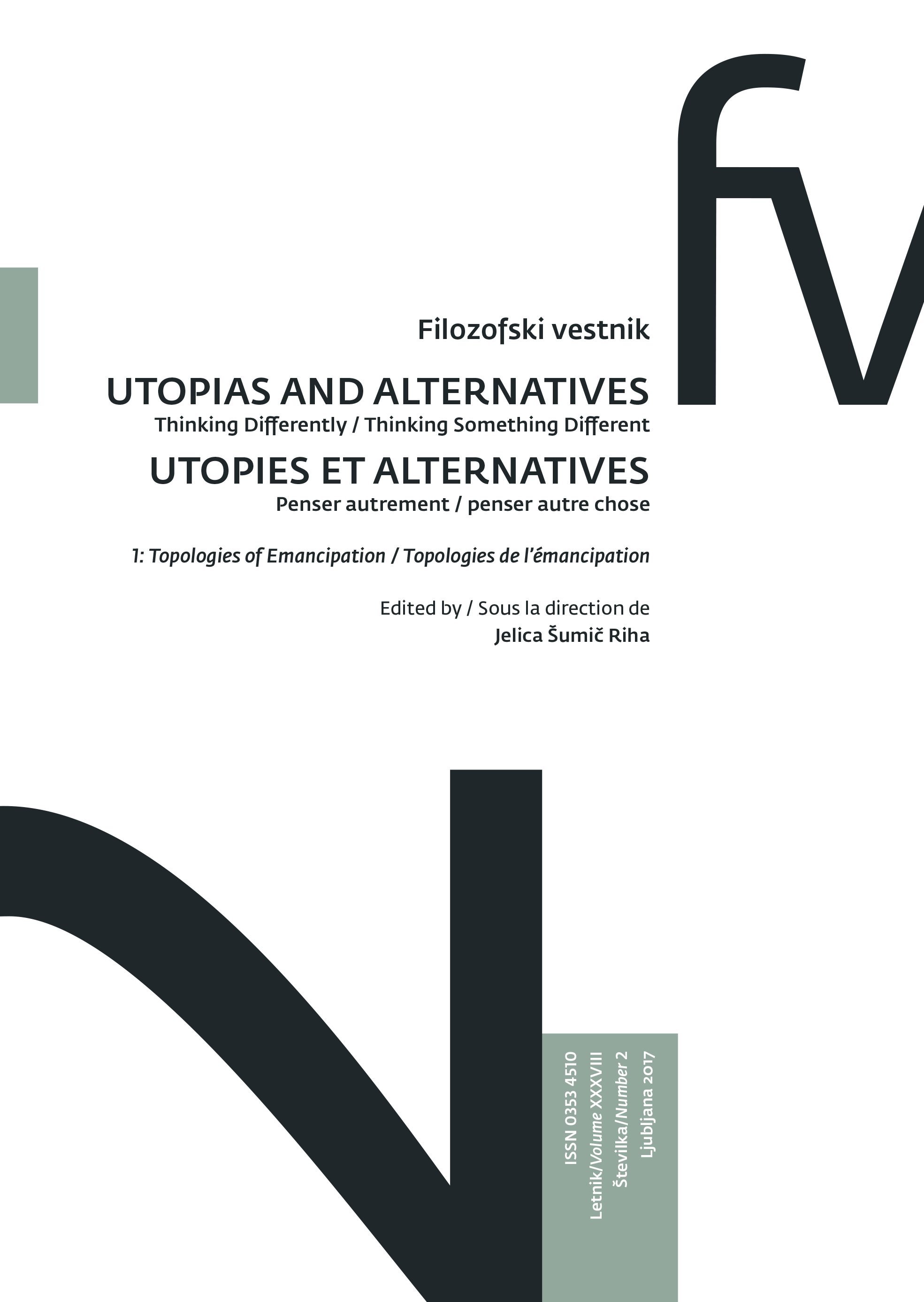Courage
Keywords:
courage, Aristotle, philosophy, anxiety, fatalismAbstract
The present article seeks to depict what a contemporary concept of courage, which seems fairly out of fashion today, could look like. It starts by revisiting this concept from the analysis of a simple problem: There seems to be almost no reference made or value assigned to courage today in most of contemporary philosophy, yet, as a quick glance through the history of philosophy reveals, there seems to be almost no philosophy without a conception of courage. What is it that speaks to the contemporary (at least philosophical) invalidation and expiration of courage? To answer this question, the article begins by critically discussing the concept of courage that stands behind its widespread rejection, namely Aristotle’s. The article demonstrates how the Aristotelian account of courage turns courage into an essentially militaristic virtue but also offers a concept enabling the derivation of a notion of courage that is neither militaristic nor fundamentally male in nature. In conclusion, the article re-examines what the concept constitutively includes, namely the peculiar operations of condensing and dispersing anxiety. This will ultimately enable it to show how what might seem most separated are directly linked: courage and fatalism.
Downloads
Downloads
Published
How to Cite
Issue
Section
License
Authors guarantee that the work is their own original creation and does not infringe any statutory or common-law copyright or any proprietary right of any third party. In case of claims by third parties, authors commit their self to defend the interests of the publisher, and shall cover any potential costs.
More in: Submission chapter





